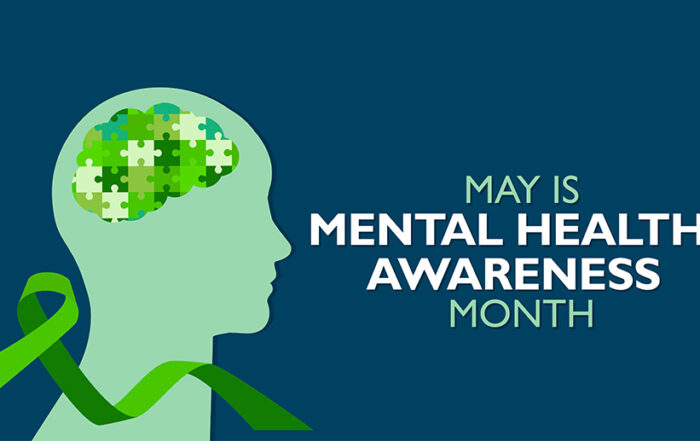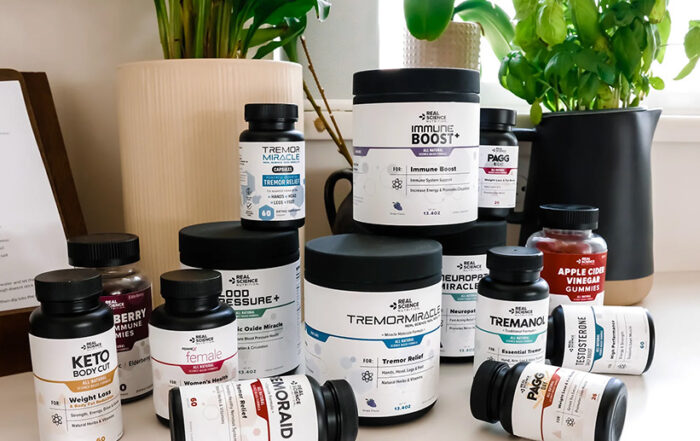
In recent years, a natural remedy has been making waves in health and wellness circles- CBD, short for cannabidiol. Derived from the cannabis plant, CBD is a non-psychoactive compound that has gained significant attention for its potential therapeutic benefits. From chronic pain management to alleviating anxiety, CBD seems to offer a versatile range of benefits that have sparked interest in both researchers and the general public alike.
Understanding CBD: What Is It?
Cannabidiol (CBD) is one of the numerous Cannabinoids found in the cannabis plant. Unlike its counterpart, tetrahydrocannabinol (THC), CBD doesn’t product the “high” typically associated with cannabis consumption. This characteristic has made it a particularly appealing option for those seeking therapeutic effects without the psychoactive side effects.
The Benefits of CBD
- Pain Management and Inflammation: One of the most notable benefits of CBD is its potential as a pain reliever. Research suggests that CBD interacts with the endocannabinoid system in the body, which plays a role in regulating pain perception. As a result, CBD products, such as creams and oils, are being explored as complementary options for managing chronic pain and reducing inflammation.
- Anxiety and Stress Reduction: Another area where CBD has been shown to promise in managing anxiety and stress. Some studies suggest that CBD may influence the brain’s receptors for serotonin, a neurotransmitter that plays a key role in mood regulation. This interaction has led to the investigation of CBD’s potential to alleviate symptoms of anxiety disorders and promote a sense of calmness.
- Sleep Improvement: Sleep disorders affect millions globally, and CBD has emerged as a potential aid in promoting better sleep. By targeting factors such as anxiety and pain that can disrupt sleep patterns, CBD products are being considered by individuals seeking a natural sleep aid.
- Neurological Conditions: Early research indicates that CBD might have a positive impact on neurological conditions such as epilepsy. In fact, the FDA has approached CBD-based medications for the treatment of certain types of epilepsy, underscoring its potential in this field.
The Types of CBD
There are three available forms of CBD products per Healthline:
- Full-spectrum CBD: This type of CBD retains to all components of the cannabis plant, including a small amount of THC. While federally legal full-spectrum CBD products will always have less than 0.3% THC, it’s important to know that THC is still present in full-spectrum products.
- Broad-spectrum CBD: This version has all components of the cannabis plant. Broad-spectrum CBD and may contain trace amounts of THC.
- CBD isolate: This form is a purified and exclusive form of cannabidiol (CBD) with no other compounds from the hemp plant present. Therefore, this form of CBD would not show up on a drug test.
Various Forms of Administration
- Oils/Tinctures: Administered sublingually, these provide fast effects
- Edibles: Infused into gummies, chocolates, offering a tasty option with slower onset.
- Topicals: Creams, balms infused with CBD for localized relief.
- Capsules: Precise dosing, easy to incorporate.
- Vapes: Inhalable CBD for quick effects.
- Isolates: Pure CBD crystals for versatile use.
- Sprays: Convenient for on-the-go use.
Each form caters to different needs, making CBD accessible and adaptable for a wide range of users seeking its potential benefits.
Is CBD Safe?
As interest in CBD continues to grow, it’s important for consumers to approach the market with caution and discernment. Quality control varies among products, and regulations can be inconsistent. When considering CBD, it’s advisable to opt for products that are third-party tested, ensuring accurate labeling and a lack of contaminants.
The Mayo Clinic reports that while CBD is often well-tolerated, it can cause side effects such as dry mouth, diarrhea, reduced appetite, drowsiness and fatigue. CBD can also interact with other medications you’re taking, such as blood thinners. Talk to your doctor before adding any CBD products to your health routine.
Conclusion
CBD’s rise from relative obscurity to mainstream prominence is a testament to its potential therapeutic benefits. While research is ongoing, the evidence so far suggests that CBD may hold promise in various areas, from pain management to anxiety relief and beyond. As always, consulting with a healthcare professional before incorporating CBD into your routine is recommended, especially if you’re currently taking medications or dealing with existing health conditions. With responsible use and further scientific exploration, CBD could potentially reshape the landscape of natural wellness solutions.
As a Wellpons member, you have access to savings opportunities from a number of our trusted CBD partners. Check out the discounts available on our website.
Latest News
Exploring Honey Colony: A Hub for Health, Sustainability, and Wellness
Daphyne Lovejoy2024-06-06T18:22:28+00:00June 6th, 2024|
The Importance of Mental Health Awareness
Daphyne Lovejoy2024-05-28T19:58:19+00:00May 28th, 2024|
Chilling Out for Wellness: Cold Water Therapy Benefits
Daphyne Lovejoy2024-04-26T15:43:26+00:00April 26th, 2024|
Say Goodbye to Snoring with Smart Nora: A Contact-Free Solution
Daphyne Lovejoy2024-04-19T19:15:01+00:00January 8th, 2024|
Real Science Nutrition: Nature’s Laboratory for Optimal Human Health
Daphyne Lovejoy2023-10-11T15:52:50+00:00October 11th, 2023|
Introducing Power Blendz: Elevate Your Health Journey with Purposeful Smoothies
Daphyne Lovejoy2023-09-08T18:07:41+00:00September 8th, 2023|





